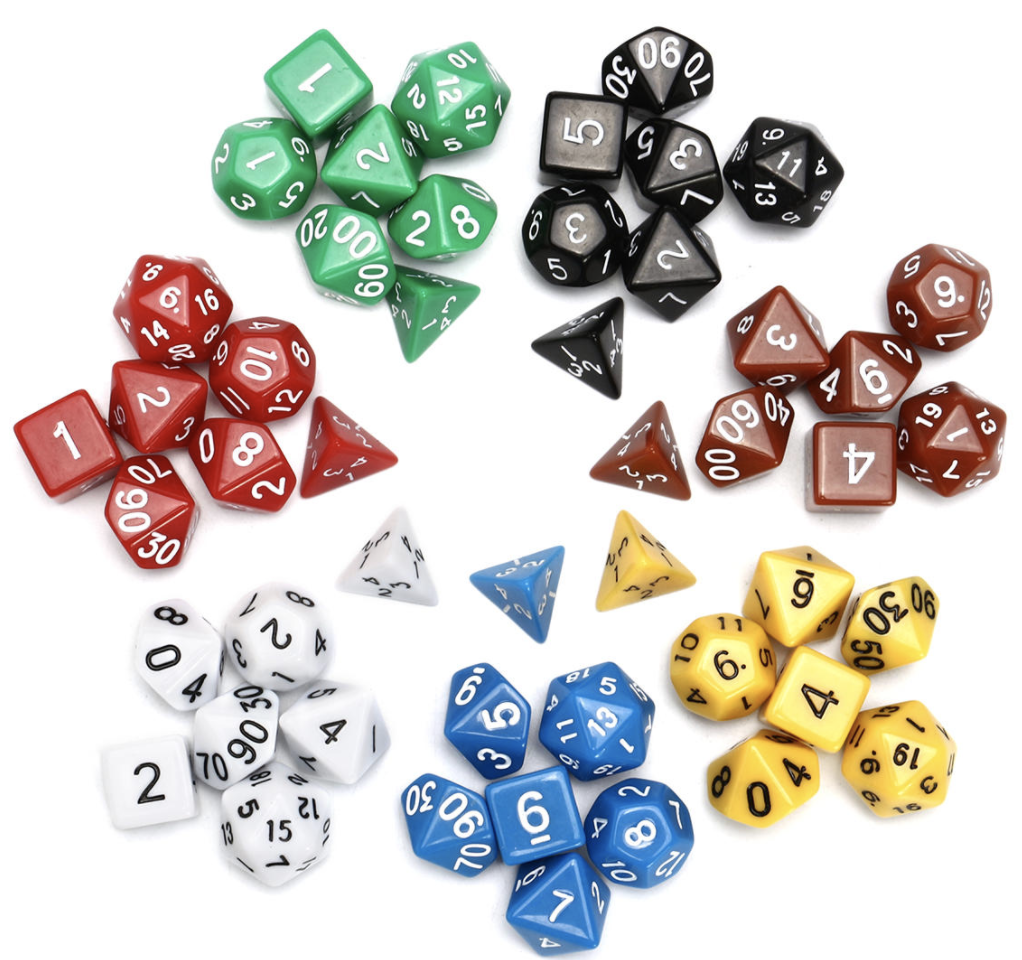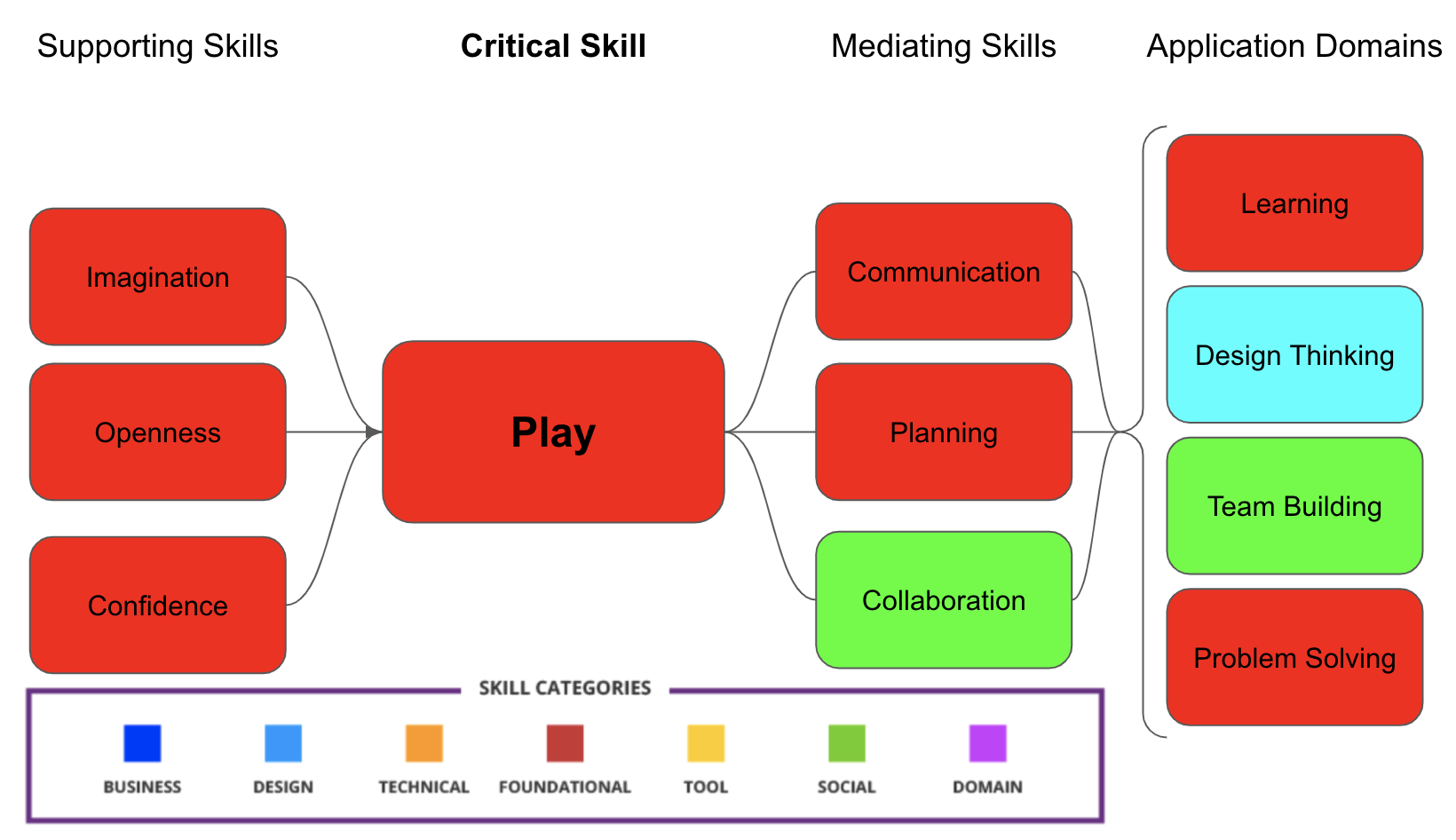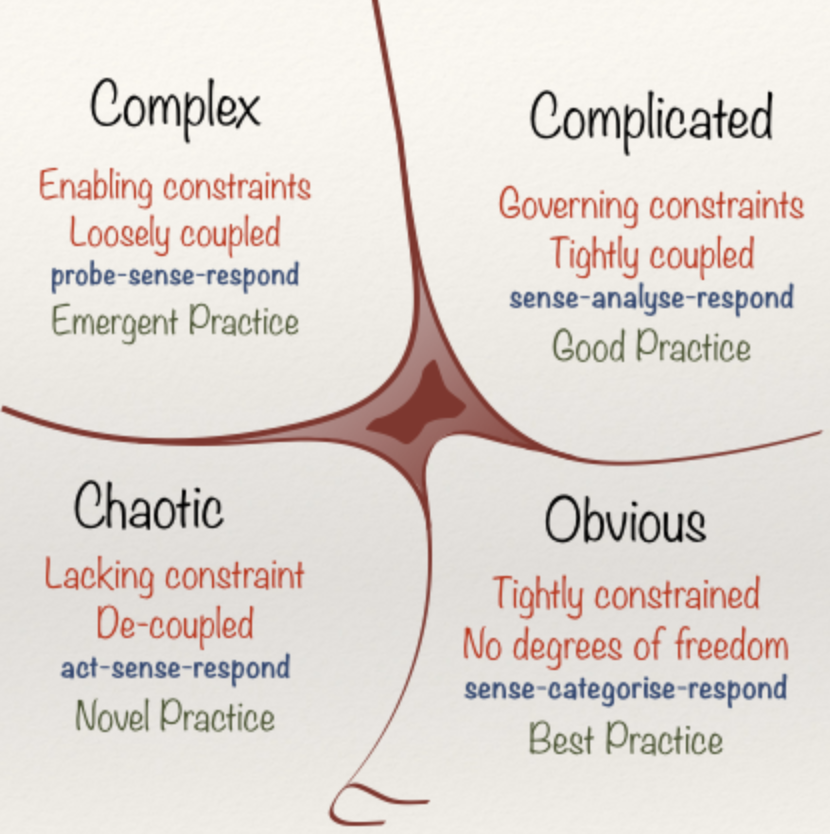Critical Skills - Play
Steven Forth is co-founder and managing partner at Ibbaka. See his skill profile here.
I was going to write on one of the most critical of critical skills during this difficult time. Trust. But then I was observing the Ibbaka team learning to work together in our new reality (we have all been working from home since the first case of community transmission in Vancouver three weeks ago) and I noticed something that was helping to build trust and lighten the mood. Play. Play has always been a critical skill, one that is sometimes undervalued. (for information on what critical skills are, see this post)
Some of the people on the Ibbaka team are playing Dungeons and Dragons together, virtually of course. For those who do not know it, Dungeons and Dragons or D&D is a fantasy game where people, led by a dungeon master, cocreate a fantasy world where they go on adventures together (sounds kind of like a start up). I remember playing some of the first informal and deeply weird sessions of this back in the early 1970s in Montreal. It has evolved a long way since then and there is a bit of an industry around it, with many books, templates and some very cool special dice.
Another form of play I have been noticing is the celebration of healthcare workers, where people go out on their balconies and make noise. This feels like play to me and it is accompanied, in my neighborhood anyway, with laughter. People have even been trying to get some rhythm into the banging of pots and pans. I am also seeing a lot of creativity in what is being used to make the sounds. My neighbor has been bringing out big sheets of tin and plastic and getting some wonderful sound effects.
Play is important at this time, for each of us as individuals, for our companies and for families. I plan to begin playing a kids version of Dungeons and Dragons with my granddaughters. see Hero Kids (recommended by the Ibbaka team’s dungeon master, also one of our lead engineers, Warren Taylor).
So what is play and why is it a critical skill?
Play comes from the Old English pleg(i)an ‘to exercise’, plega ‘brisk movement’, related to Middle Dutch pleien ‘leap for joy, dance’. A definition (from Google) is
engage in activity for enjoyment and recreation rather than a serious or practical purpose.
In the context of critical skills for work, I think we need to think about Play a bit differently, perhaps using the definition for ‘serious play.’ From Wikipedia …
The term serious play refers to an array of playful inquiry and innovation methods that serve as vehicles for complex problem-solving, typically in work-related contexts. Lego Serious Play is one of the best known examples.
Lego Serious Play is a good example of what I have in mind here. An open, collaborative approach to learning and exploring. In the context of Ibbaka’s micro skill graph for critical skills, Play as a critical skill looks something like this.
One needs Imagination for most forms of play
This is true in sports, where the greatest players are often lauded for the new ways the play the game, and even in something as formulaic as Monopoly, where there are still new strategies to be discovered. One also needs to be Open, though I suppose some would say this feeds Imagination, and that Openness and Imagination combine in Creativity. The micro graphs are actually selections from the larger multidimensional skill graph. We expect micrographs of many types to play a major role in the future.
Play can have some pretty serious purposes, as is indicated above by the inclusion of Problem Solving as an application domain. Can one solve problems without play? Sometimes. Using the Cynefin classification of problems (see above), play may help us learn how to solve obvious and complicated problems, but one needs to be able to play to solve the complex and chaotic.
What new forms of play are you, your families, communities and colleagues learning as we weather the COVID 19 crisis? Let’s share what we are finding with each other, and even find some ways to play together.












